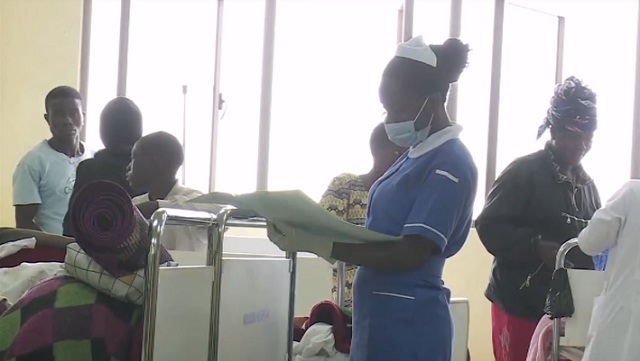
Kampala, Uganda | THE INDEPENDENT | Impersonation, needless tests and prescribing unnecessary treatments are some of the challenges community health insurance providers are facing in their bid to provide cheap and reliable care to groups.
Under the schemes, each individual contributes money ranging between 10,000 and 25,000 Shillings per head if they are in a rural area and 50,000 to 60,000 Shillings in urban areas to a pool of funds operated by the scheme. Every subscriber is entitled to a cover of up to 400,000 Shillings per visit and up to five visits each year, depending on the premium that they pay.
But Fredrick Makaire, the executive director Save for Health Uganda, an NGO that promotes community health financing schemes in nine districts says that some individuals pay for a few members of the family but want all of them to benefit from a single account.
Makaire explains that under their schemes, in order to cut down in constant hospital visits even for trivial reasons that can be solved quickly with over the counter medications or for treatments that are costed to be 5000 Shillings and below, members are asked to pay for themselves.
He, however, notes that even with these conditions, that may seem favourable and low cost for many, some providers sometimes want to dodge the setup procedures to fleece the schemes. Now, to be able to cushion against this, the schemes have embarked on campaigns to enlighten providers that what they are doing is just a service and not profit-driven initiative.
He adds that now, for a facility to be enrolled among the providers, priority is given to non-for profit
Community health insurance is said to be benefiting up to 40,000 subscribers across the country. But in the new proposed National Health Insurance bill that is before parliament, they have not been recognized although the government is proposing to pay premiums for low-end people who may not afford to make contributions to the national scheme.
However, even as these discussions about health insurance continue, sections of the public have been taken aback especially private health insurance after a recent incident where insurance companies had blacklisted several health facilities over fraud but put reinstated them shortly.
The challenge that observers point out with community health insurance is that they are not backed by any policies and once they are fleeced there is nowhere to run for compensation.
*****
URN
 The Independent Uganda: You get the Truth we Pay the Price
The Independent Uganda: You get the Truth we Pay the Price





